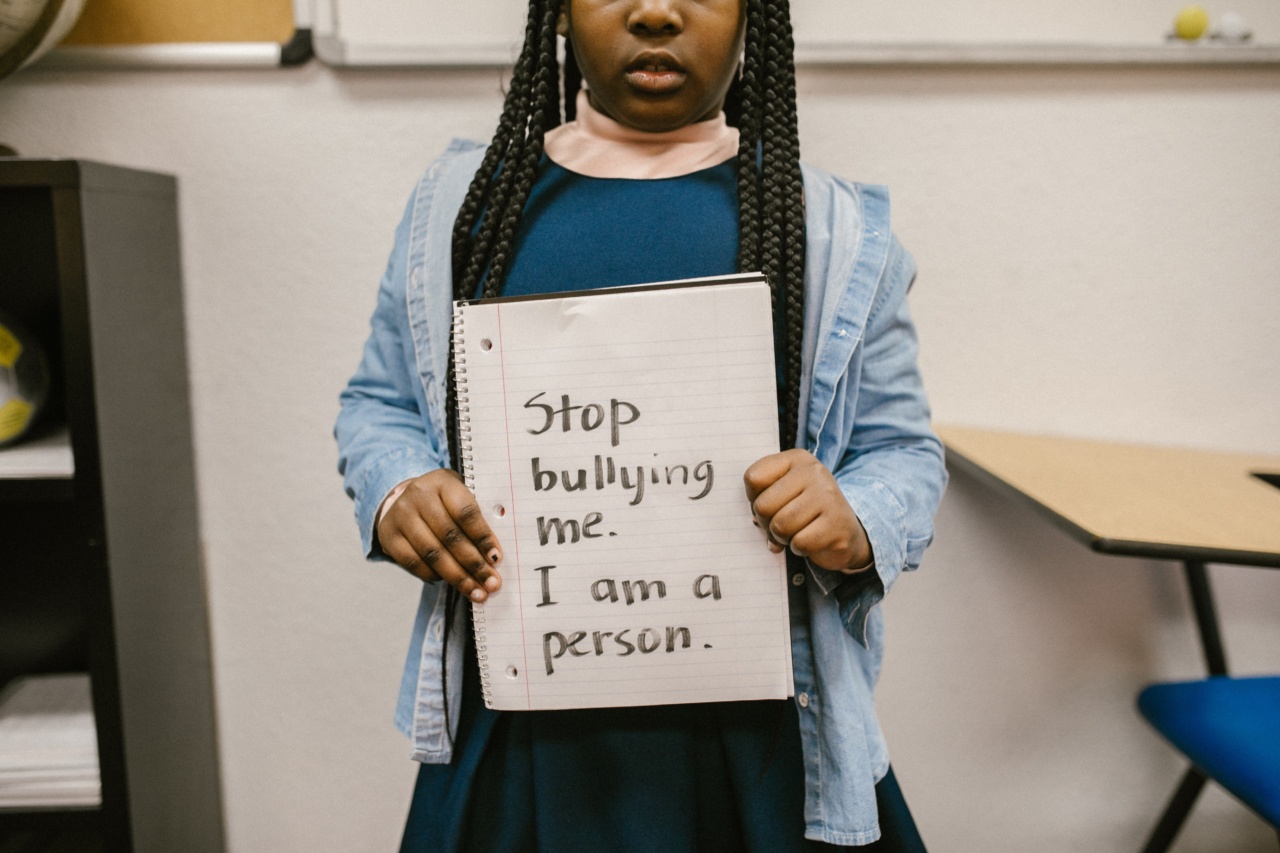Bullying is a major issue in a lot of schools all around the world. It is an issue that affects both the victims of bullying and the bullies themselves.
The most obvious consequences of bullying are physical and emotional harm, but there are other, less visible consequences that can have far-reaching effects.
Impact on Academic Performance
One of the most significant consequences of school bullying is its impact on the academic performance of the victim.
A study conducted by the National Bullying Prevention Center showed that students who had been bullied had lower GPAs and were more likely to drop out of high school than those who had not been bullied. This is because bullying creates a hostile environment that makes it difficult for victims to concentrate on their studies and perform at their best.
Mental Health Problems
Bullying can cause significant mental health problems for victims, including anxiety, depression, and post-traumatic stress disorder (PTSD).
Many victims of bullying suffer from low self-esteem and have difficulty forming healthy relationships with others. In severe cases, bullying can lead to suicide. In fact, suicide is the third leading cause of death among young people aged 10 to 24, and many of these suicides are linked to bullying.
Increased Risk of Substance Abuse
Bullying can also increase the risk of substance abuse among victims. Victims of bullying often turn to drugs and alcohol as a way to cope with the emotional pain they are experiencing.
Studies have shown that victims of bullying are more likely to smoke, drink, and use drugs than those who have not been bullied.
Social Isolation
Bullying can also lead to social isolation, which can have long-term consequences. Victims of bullying often feel like they do not belong and have difficulty forming healthy relationships with others.
This can lead to social withdrawal and isolation, which can then lead to depression and other mental health problems.
Impact on Family Life
Bullying can also have a significant impact on family life. Parents of victims of bullying often feel helpless and frustrated, as they are unable to protect their child from harm.
This can lead to strained relationships within the family, as well as feelings of guilt and shame.
Increased Risk of Bullying Others
One of the less visible consequences of bullying is an increased risk of bullying others. Students who have been bullied often become bullies themselves as a way to regain control over their lives and take out their frustrations on others.
This can create a cycle of bullying that is difficult to break.
Decreased Empathy and Compassion
Bullying can also decrease empathy and compassion among students. Students who witness bullying may become desensitized to it and less likely to intervene when they see someone being bullied.
This can create a culture of bullying that is difficult to change.
Impact on School Culture
Bullying can create a toxic school culture that is difficult to change. Students may feel unsafe and unhappy at school, which can lead to a lack of participation in school activities and a lack of engagement in the classroom.
This can have long-term consequences for the school, as students may transfer to other schools or drop out altogether.
Legal Consequences
Bullying can also have legal consequences. Schools and parents can be held liable for the actions of bullies, especially if they fail to take action to stop the bullying. This can result in lawsuits, fines, and other legal penalties.
Conclusion
The consequences of school bullying are far-reaching and can have significant long-term effects both for the victims of bullying and for the bullies themselves.
It is important for schools, parents, and communities to work together to prevent bullying and create safe and supportive environments where all students can thrive.































